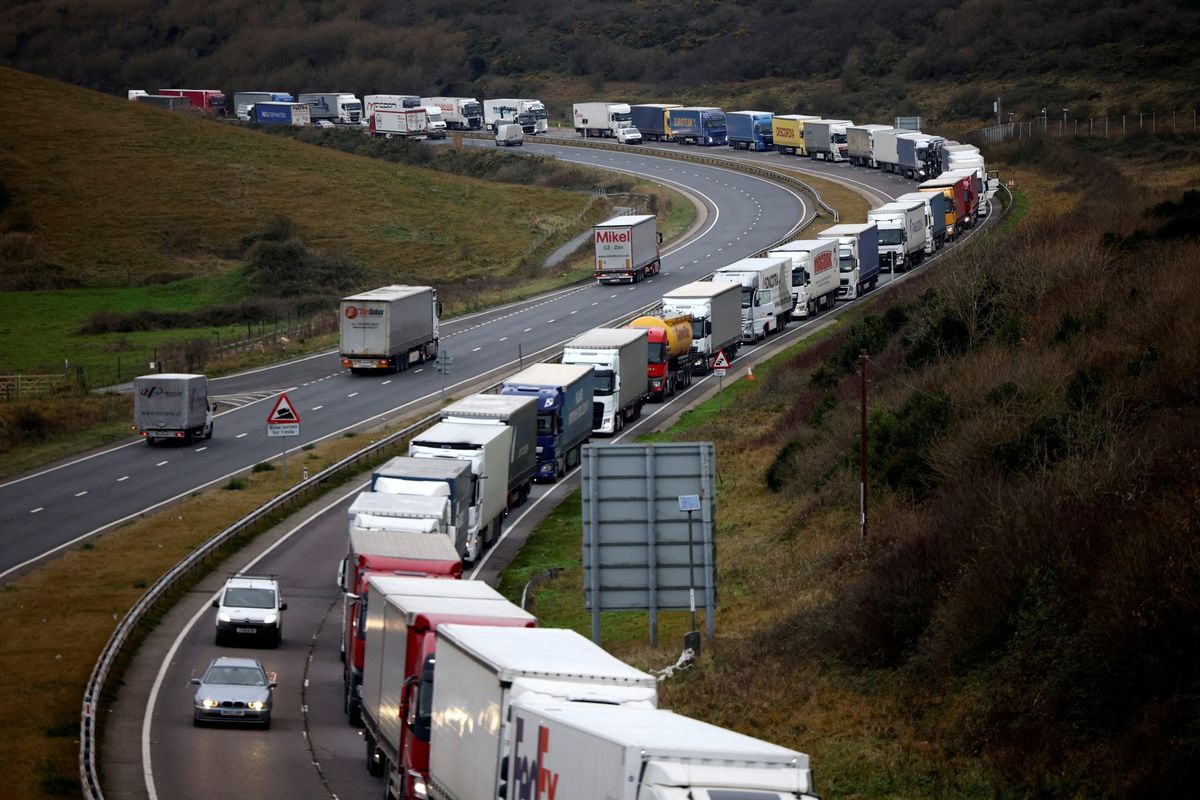Switching to post-Brexit import checks is likely to cause significant disruption at a time when trade is already being hit by COVID issues, supply chain problems and labour shortages, Federation of Small Businesses (FSB) has warned, stating that small businesses are not prepared for the change.
Smaller and independent firms are worried about the impact of Brexit import regulations, according to FSB, which also revealed that real-time custom declarations, data input and expensive paperwork are expected to increase financial burdens for deli owners and customers.
“The classic example is your high street deli that is importing delicacies like, say, chorizo from Spain or parmesan from Italy,” FSB head of international affairs James Sibley said.
“For them, the thought of having to register for these systems is daunting and the process is expensive, so we’ve a lot of concern there. For those small businesses directly affected, we have picked up a lot of worry.”
From Jan 1, new border check have come into effect which is expected to affect businesses importing £231 billion of goods a year from the European Union. As a part of new checks, EU businesses sending goods to Britain will now need to supply full customs declarations while traders will also have to prove that goods are allowed to enter tariff-free under rules of origin requirements.
When Britain left EU’s single market in 2021 beginning, Europe imposed checks on goods straight away while Britain staggered and delayed the introduction of a full customs border.
FSB’s warning comes amid similar claims by other food federations which have raised alarms over expected delay and even shortages of food items in the coming days owing to the new checks.
Food and Drink Federation, which represents more than 1,000 businesses, has also sent special guidance to members along with warning of shortage.
UK exports to the bloc were down by 40 to 60 per cent by value in the first three months of last year, when controls on goods moving into the EU were imposed, and a similar pattern could emerge with imports, the federation reportedly said.
The situation “presents a real risk which could disrupt the operation of UK supply chains where a critically important ingredient is delayed or fails to arrive”, said the federation, Mail reported.
Shane Brennan, chief executive of the Cold Chain Federation, representing frozen and chilled food suppliers, also reported to have said that the new rules “will make it harder for the smallest businesses to sell their goods”.
“Some will choose not to do that anymore. So we could see those products no longer being stocked in restaurants and supermarkets,” Brennan said.


